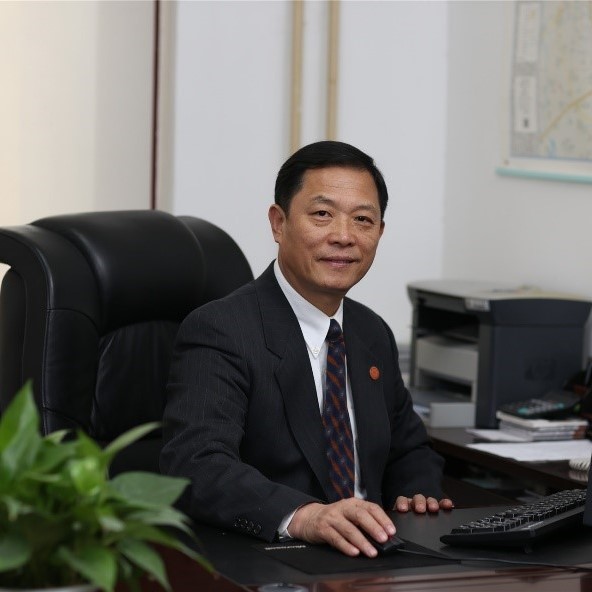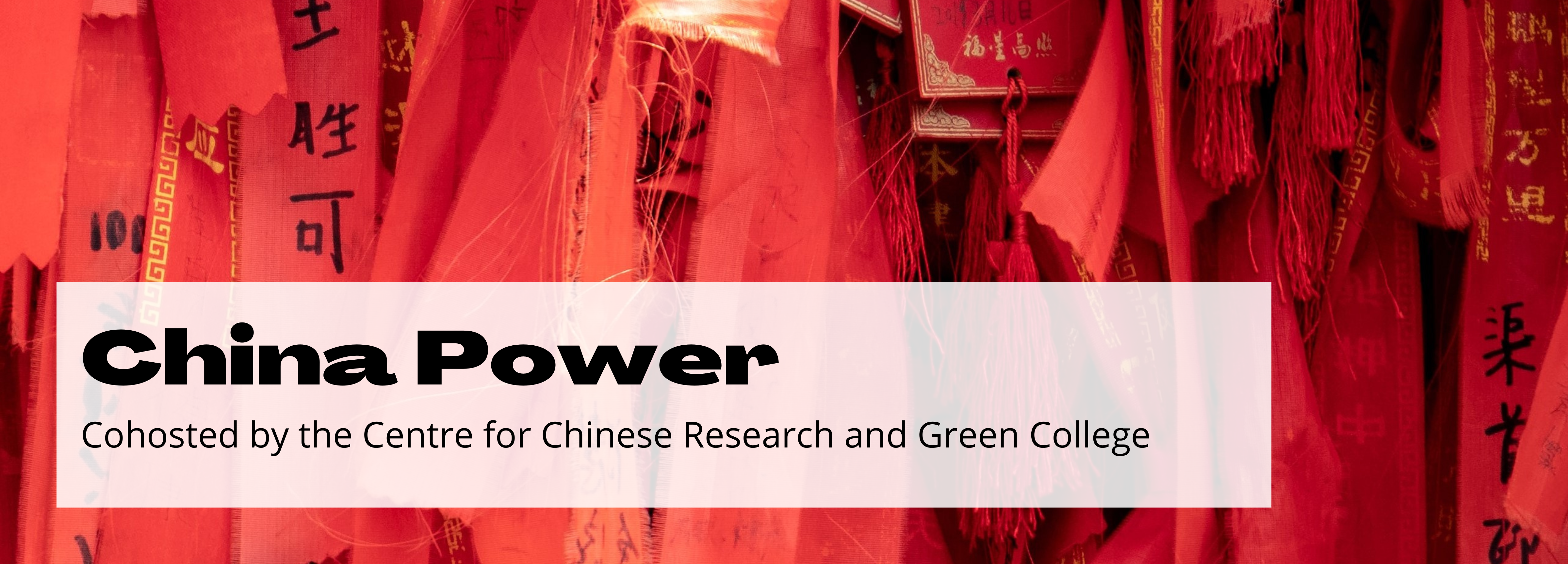This event will take place both in-person and virtually via this link. For in-person participants, there will be a reception following afterward. For virtual participants, please visit www.slido.com, enter event code 92022, and type your question.
How does macro-institutional change alter the dynamics of guanxi, or social capital of personalized social relations in China? In this lecture, Yianjie Bian discusses the results of a study in progress. To put this study in the tradition of social capital research, he will review sociological theories of contextual variability in social capital. The insights learned from this literature review and his longtime fieldwork in China are helpful in formulating a theoretical model in which the dynamics of guanxi is altered by changing degrees of institutional uncertainty and market competition during China’s post-1978 transition from a centrally planned economy to a market economy. To test the hypotheses derived from this model, he will present results from an integrated dataset (N>22,000) of job histories from 1978 to 2021 to demonstrate that the effect of guanxi influence on jobs is increased by marketization and privatization but decreased by the institutionalization of merit-based screening of job applicants.

Yanjie Bian is a Professor of Sociology at the University of Minnesota and Director of the Institute for Empirical Social Science Research at Xi’an Jiaotong University, China. He formerly taught at Hong Kong University of Science and Technology and was a co-founder (with Lulu Li) of Chinese General Social Surveys. Author and editor of 21 books and over 200 articles on social networks and social capital, social stratification and mobility, and Chinese society, he has received recognition from Elsevier as one of the Most-Cited Chinese Researchers in Social Science (2014-21) and was the recipient of the Distinguished Scholarly Contribution Award from the International Association for Chinese Management Research (2020). His current projects are epidemic-specific social capital and job-search networks in China, and his most recent book is Guanxi: How China Works (Polity, 2019).

With China’s rise as a major player on the global stage, understanding the nature of Chinese power and how it is exercised has become increasingly important. This series of lectures brings together leading experts from a diverse range of fields to illuminate how power operates internally within Chinese society, and externally in its relations with the rest of the world. The series will explore how social relations (or guanxi) operate in Chinese society today, the role of cultural practices in reproducing and contesting state power in authoritarian China, the impact of a rising China on the established global order, and the projection of China’s soft power overseas. In examining the multiple dimensions of Chinese power—political, economic, cultural, social—these speakers will deepen our understanding of power in China as well as how it is exercised by China.